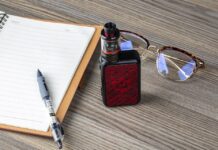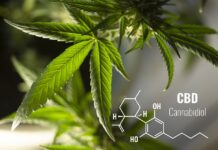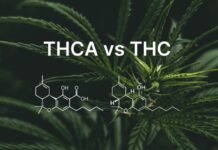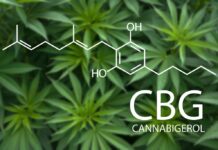Imagine that you have just checked the list of the best CBD oils on thesupplementreviews.org, and one of them caught your eye. You always wanted to try but couldn’t find one that you would like. You finally did, added it to cart, and paid – all is done, and your product will reach you soon. However, suddenly you recall that the company you work in likes to do drug tests every once in a while. You’re starting to worry because you might have just spent money on something you wouldn’t be able to use.
Unfortunately, since CBD is a relatively new substance (at least when it comes to legal use), there are still a lot of things that people don’t know about it – including whether it can actually show up on a drug test, which is especially important in workplaces that have strict drug-free policies.
However, you can stop worrying as we got your back. If you wish to find out more about whether CBD oil can be detected in a blood test, all you have to do is keep reading. So, without any further ado, let’s just jump right into it.
What is CBD?
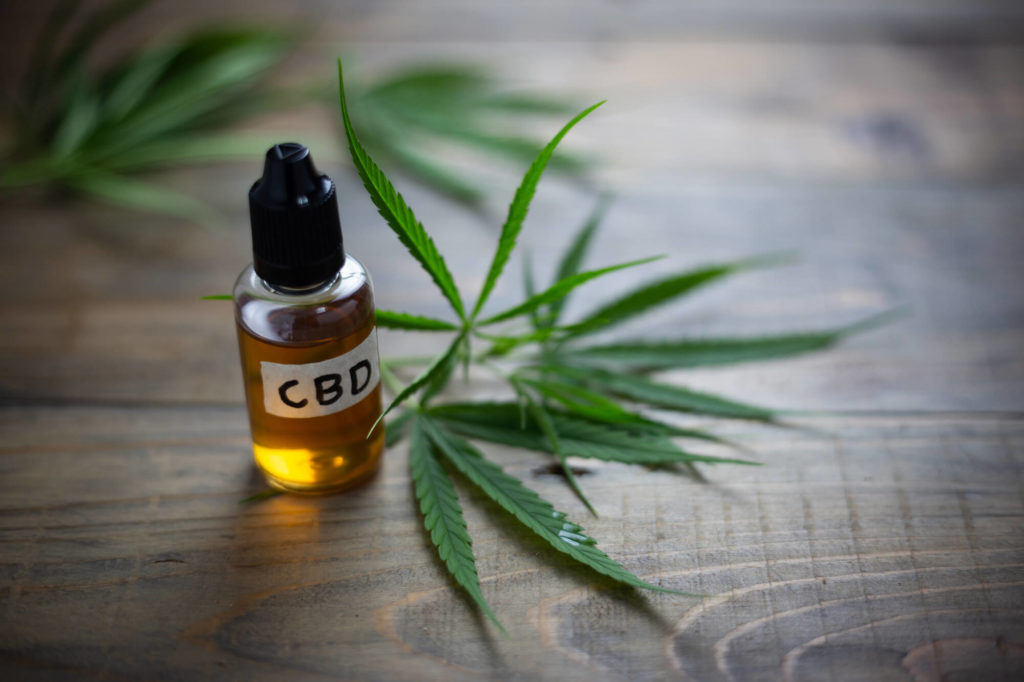
First things first, we need to say a few words about what exactly CBD is and how it works. It’s important to talk about it, as people often mistake it with THC, a psychoactive chemical in marijuana.
In contrast to THC, CBD is not intoxicating – while it does have some effects on the brain (it helps with the feeling of anxiety and sleep disorders), it will not get you ‘high.’ Also, THC is derived from marijuana, while CBD is derived from hemp. Now, you might be wondering – ‘What is the difference? I thought that they were the same thing?’
Not quite. Both of them belong to the cannabis family, which has two main classifications – cannabis indica and cannabis sativa. Hemp belongs only to the cannabis sativa species, while marijuana can belong to either cannabis sativa or cannabis indica.
CBD is often used as a form of treatment – it has been proven to be helpful in conditions like anxiety, nausea, vomiting, chronic pain, epileptic seizures, and so much more.
How Long Can CBD Stay in Your Organism?
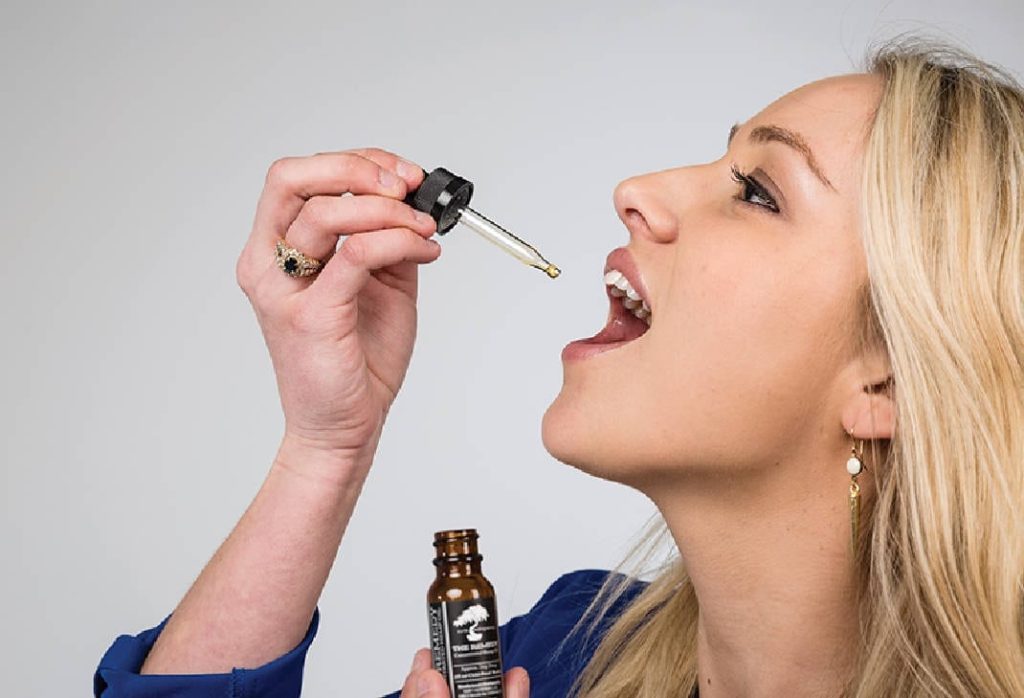
The truth is that there isn’t a specific answer to this question, as there are several factors that determine the period for which CBD stays in your body. Those factors include:
- your metabolism – your metabolism is one of the most important factors determining how long the CBD will remain in your organism. The faster it will be metabolized, the quicker it will be excreted.
- frequency of use – how often you use CBD will influence the time that the substance will remain in your body – the more often you consume it, the longer it will stay in your body
- dosage – the time that CBD will remain in your body also depends on how much CBD you have taken – the bigger dosage, the longer it will take for it to leave your body
- method of consumption – the method using which you have introduced CBD into your body will determine how long it will stay there, e.g., smoking, vaping, edibles, CBD oil, etc.
Can CBD Oil Be Detected in a Drug Test?
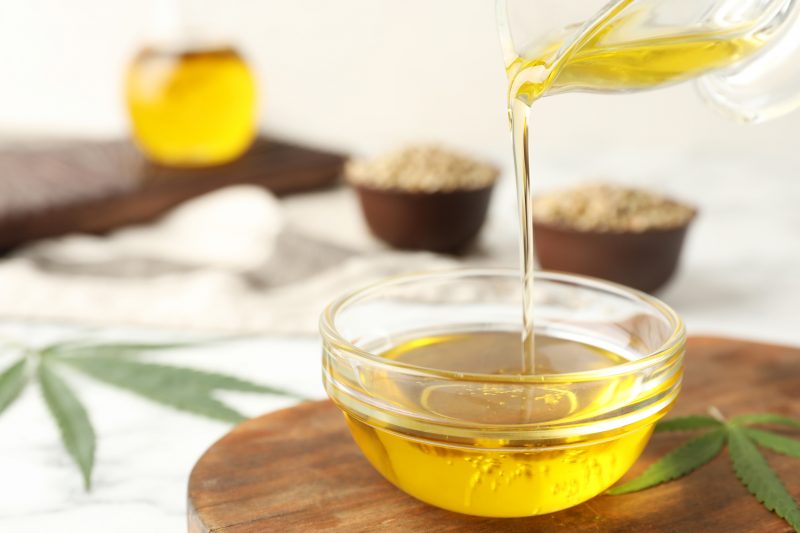
While most drug tests are not made with the purpose of detecting CBD, but rather THC, cocaine, opioids, and other drugs, it is possible that it will come out positive. You might be wondering – why is that?
Most of the CBD products available on the market contain some traces of THC – if the product contains more than 0.3% of THC, the substance might be detectable, and the test might come out positive. However, if the product contains 0.3% or less of THC, then even if you consume it regularly, there is a slim chance of the test coming out positive, as the amount barely ever meets the threshold for a positive THC result.
So, to put it simply – CBD itself will not cause a positive drug test result.
How Can You Avoid Testing Positive
As we said, the chances of a drug test coming positive after using CBD are slim. However, it is still good to know how you can ensure that CBD will not get you in trouble. Here is how you can do it:
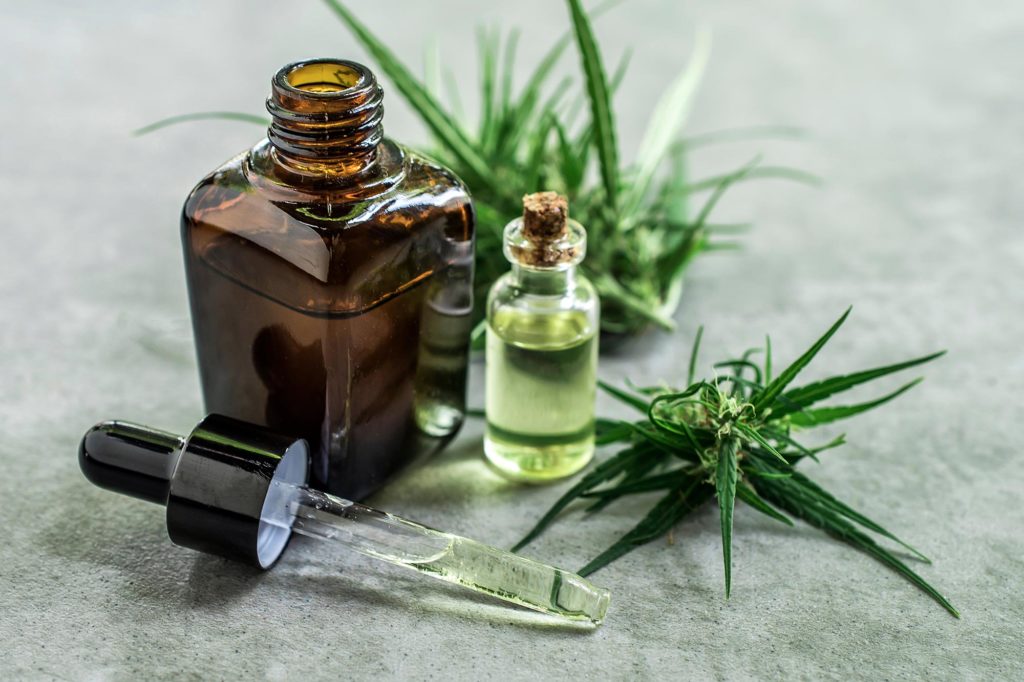
- research your product – check whether the product you are using is derived from marijuana or hemp and if it’s a CBD isolate (pure CBD), or a full-spectrum CBD (includes all compounds found in a cannabis plant). If you cannot find this type of information anywhere, then you should probably think twice about using it – after all, you don’t really know how much THC it includes
- find out how the product is processed – if you can and want to, you can reach out to the manufacturer, and ask them about how the product is processed – this way you can eliminate the possibility of cross-contamination
- look for a ‘Certificate of Analysis’ – COAs are the most reliable source of information these days – they tell you exactly how much CBD, THC and other compounds the product contains. Unfortunately, since CBD is not regulated by the FDA, it is not a requirement to have it. However, a reliable company will most likely have it anyways.
- do a drug test at home – since there are many websites and stores in which you can buy your own screening test, it is worth investing in them – especially if you work in a place that likes to do random drug screenings. If the drug test comes out positive, then you should stop taking the CBD product – at least for a while.
Final Thoughts
To sum up, CBD will not cause a drug to come out positive, unless the product you have consumed contained more than 0.3% THC – in this case, there is a chance of failing a drug test.
If your company has a rigorous drug-free workplace policy, and you know about an upcoming drug test, it’s better to restrain yourself from consuming CBD products two weeks before it. Even if it is only CBD, it is better to be safe than sorry, as sometimes you may not be sure how much THC your product contains. So, you can check out https://www.newphaseblends.com/product/premium-hemp-oil-1000mg-cbd/ for less than 0.3% THC contained CBD products.



